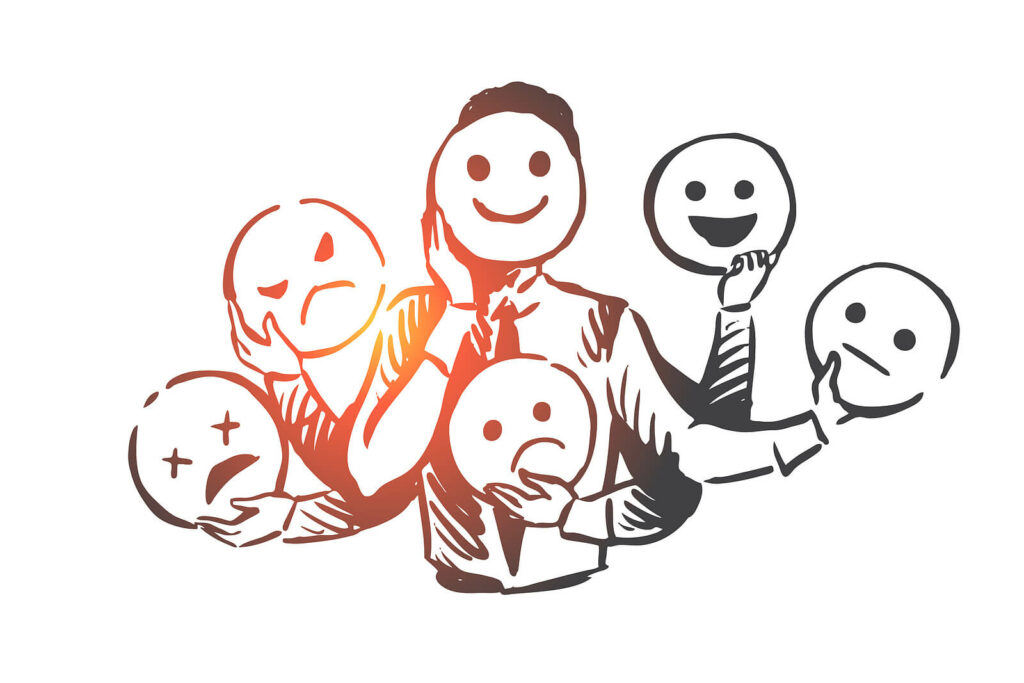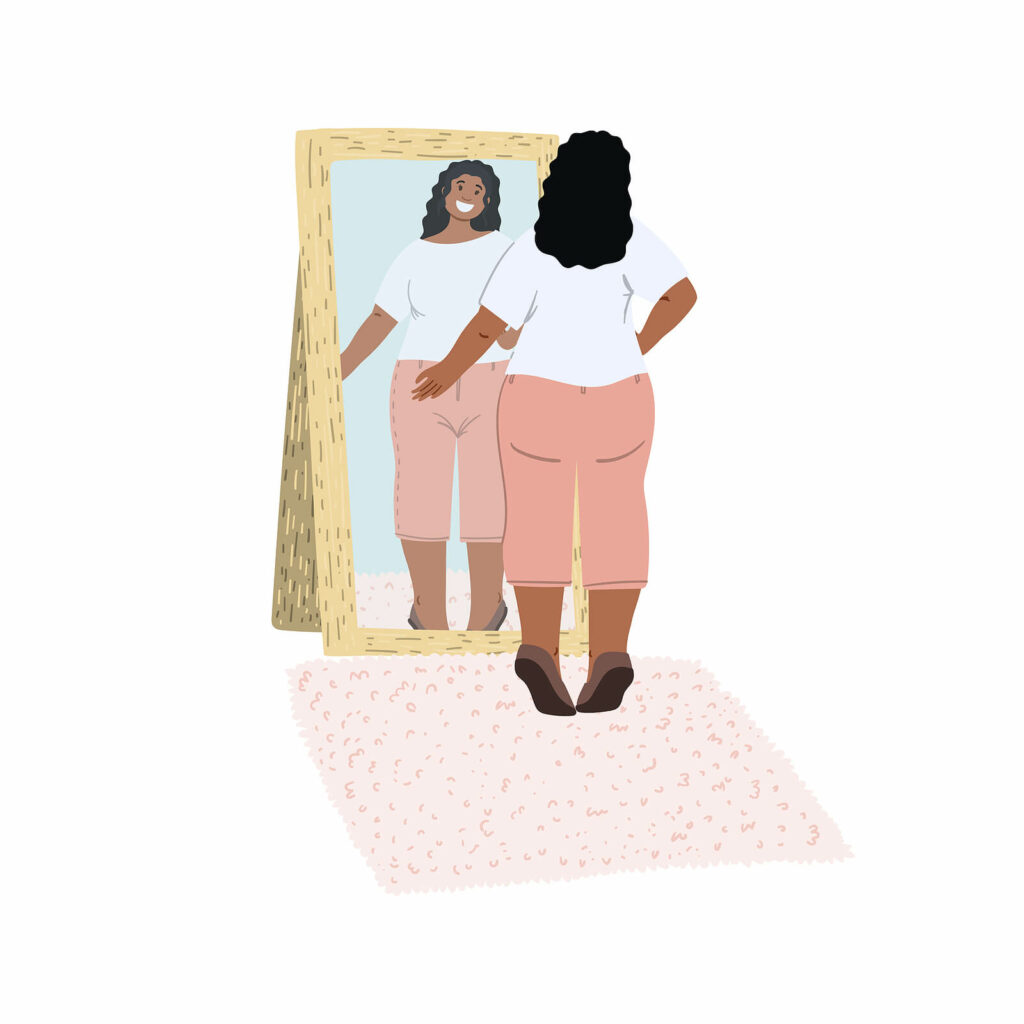
Anxiety, feelings of worry, nervousness, or unease, is a common source of distress. When worrying is excessive, difficult to control, and causes significant distress or impairment, it can be especially challenging to cope with.
There are many causes of anxiety and different people may have vastly different triggers for their anxiety. A common source of anxiety that many people can relate to, however, is circumstances that are out of our control.
Uncertainty and a lack of control are unavoidable in life; we all have to cope with situations that do not have guaranteed outcomes. In these situations, it is common for people to catastrophize, or to think only of the worst possible outcome, which can be very distressing.
How can DBT in Charlotte, NC Help?
In Dialectical Behavior Therapy (DBT), the process of addressing an emotion you want to change begins with, Checking The Facts. The first step in this process is to ask, “What is the emotion I want to change?”. After clarifying the emotion you are experiencing, the next step is to identify the prompting event of the anxiety. When identifying the prompting event, focus specifically on the event, thought, etc. that occurred right before the anxiety set in. Then, describe the facts that you can observe through your senses. Additionally, identify and challenge any judgments, absolutes, or black-and-white descriptions that you may be thinking. It can be very helpful to slow down and consider the facts in this way because when feeling anxious, our minds often jump to conclusions very quickly.
It is then helpful to consider, “What are my interpretations, thoughts, and assumptions about the event?”. Think of as many possible interpretations as possible and practice looking at all sides of a situation. Test your interpretations and assumptions to see if they fit the facts. When it comes to situations that are out of your control, looking at all sides of the situation can help to reduce catastrophizing by illuminating other possible outcomes.

Challenging Assumptions & Catastrophic Thoughts
Next, ask yourself if you are assuming a threat and label the threat. Assess the probability that the threatening event will really occur. In doing this, you may find that while a catastrophe could be possible, it is not actually that probable. Imagine the catastrophe really occurring and coping well with the catastrophe. Acknowledging the true likelihood of something bad happening, coupled with thinking through a plan for how you could effectively cope, can be very helpful in reducing anxiety.
After going through this reflection, consider if your anxiety (and the intensity of your anxiety) fits the facts of the situation. There are certainly situations in which feeling anxious is justified. In those cases, using problem-solving skills to address the situation will likely reduce feelings of anxiety. However, if you find that anxiety does not fit the facts, then using a skill called Opposite Action can reduce anxiety.
What is the Opposite Action for Anxiety?
In order to use Opposite Action for anxiety, think about what the feeling of anxiety is urging you to do. By acting opposite to these emotional urges, you communicate to your brain and body that you are safe and an anxiety response is not needed in the situation. Common ways to use Opposite Action for anxiety are, approaching the event/person/situation you are worried about, maintaining an assertive posture and confident tone of voice, and calming your nervous system with paced breathing.

Final Thoughts as a DBT Therapist in Charlotte, NC
Anxiety can feel overwhelming, but with the right tools and support, it’s possible to regain control and find peace. At Kind Mind Psychology, we believe in empowering you with skills like DBT to help manage your anxiety, face uncertainty, and approach life with confidence. Our compassionate team of DBT therapists in Charlotte, NC, is dedicated to helping you build a life that feels more balanced and fulfilling.
Take The Next Step: DBT Therapy
If anxiety has been holding you back from living your fullest life, you don’t have to manage it alone. At Kind Mind Psychology, our DBT therapists are here to help you develop the skills needed to reduce anxiety. Whether it’s using techniques like Checking The Facts or Opposite Action, we’ll guide you every step of the way in managing distressing emotions.
- Reach out today to learn how we can support you on your journey to emotional well-being.
- Explore more DBT skills for anxiety, depression, and more by reading our blogs.
- Begin dialectical behavior therapy and live with more peace of mind!
Other Services We Offer in New York and North Carolina
Beyond DBT therapy, we offer a variety of supportive options to meet your needs. For those in the LGBTQIA+ community, we offer affirming and compassionate LGBTQ+ therapy, where you can explore and embrace your identity. We also provide couples therapy to help partners build stronger, more meaningful relationships. For individuals healing from trauma, our specialized EMDR and Internal Family Systems (IFS) therapies offer pathways to deep emotional healing and resilience. No matter what you’re facing, we’re here to support your growth and well-being.

